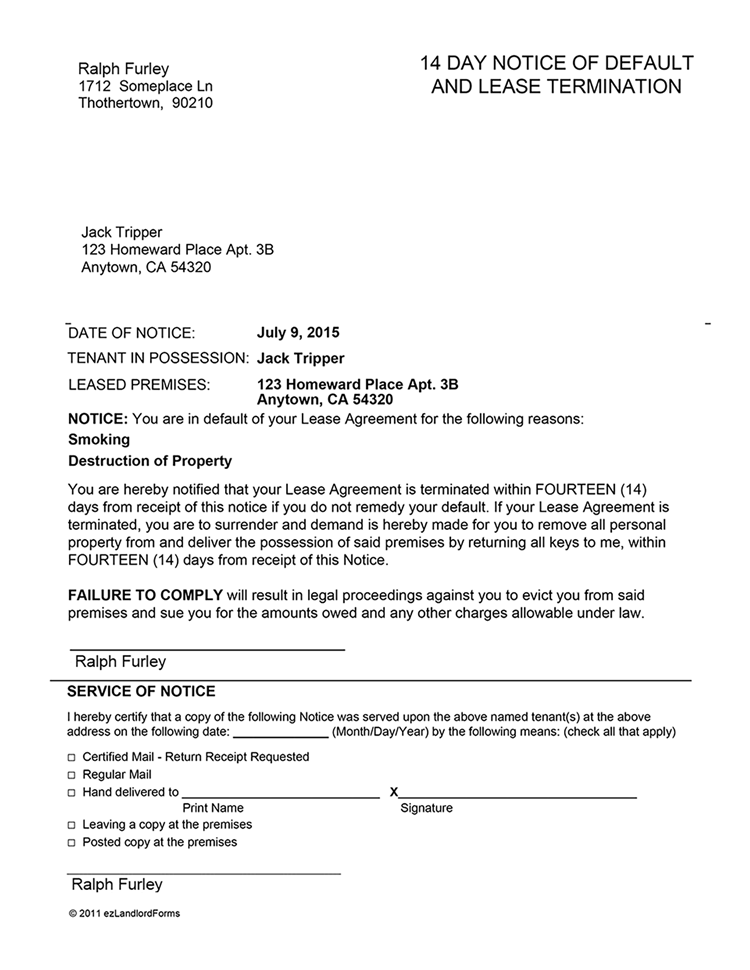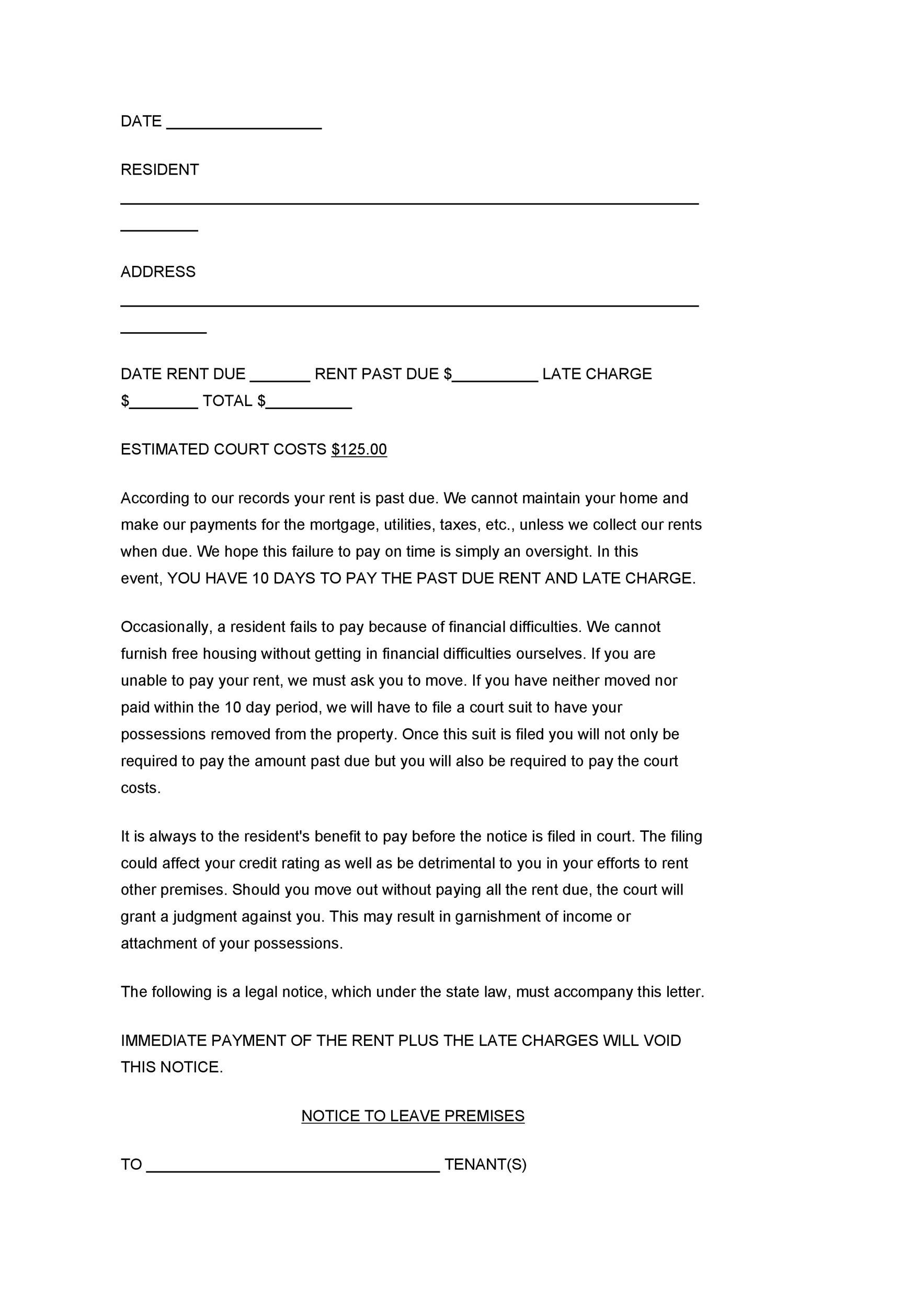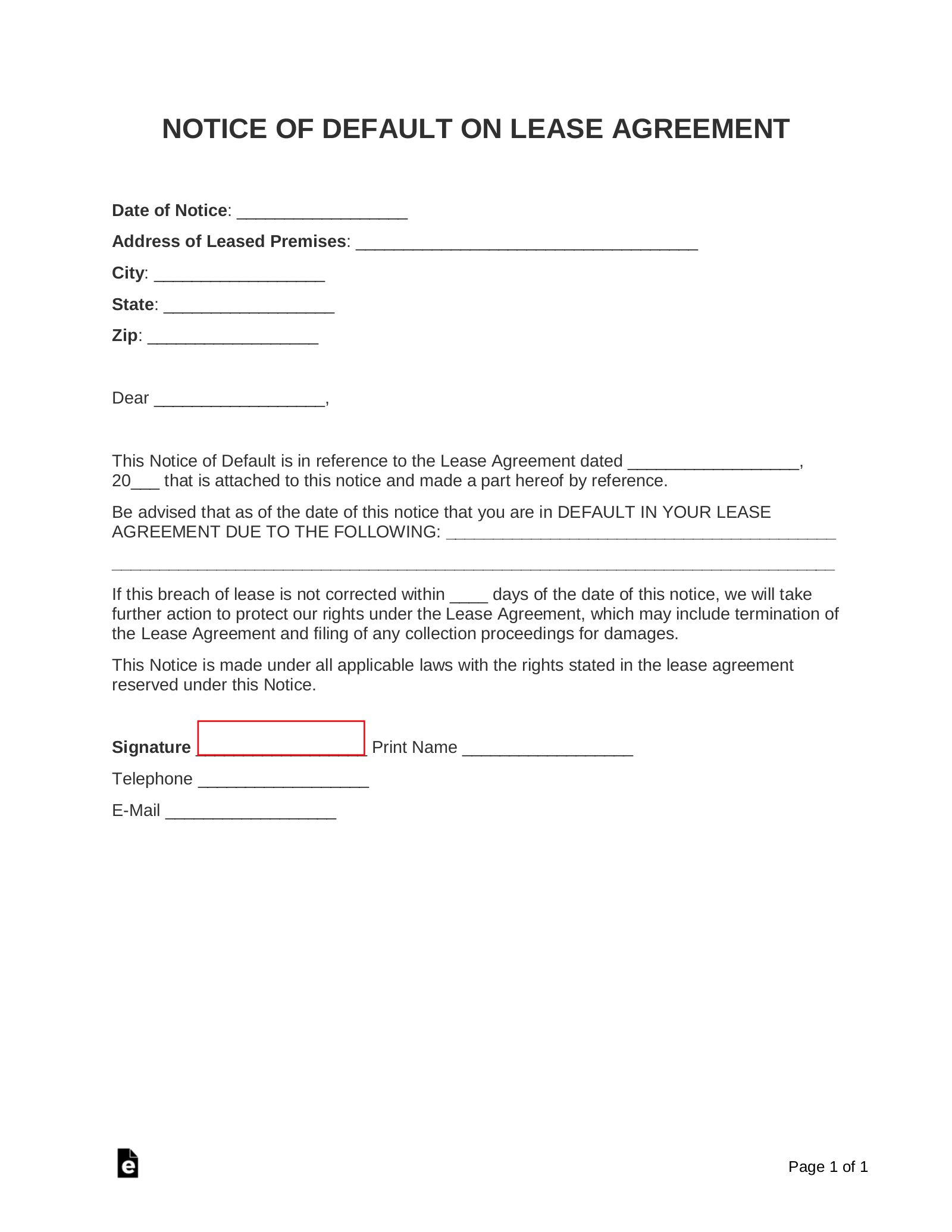
The extent to which the injured party can be adequately compensated for the part of that benefit of which it will be deprived.The extent to which the injured party will be deprived of the benefit which it reasonably expected.The Loehmann’s Court adopted the factors identified in the Restatement (Second) of Contracts, Section 241, as the standard for determining materiality:

Id. Rather, it held, forfeiture is appropriate only for breaches that are “material” “serious,” or “substantial.” Id. In Loehmann’s, the Court held that a commercial lease could not be terminated based on what is viewed a “trivial or immaterial breach” of the lease by the tenant even if the lease expressly grants the landlord this remedy. 438, 788 P.2d 1189 (1990), the Arizona Supreme Court limited the landlord’s right to declare a breach in order to avoid what the court viewed as a forfeiture. The statute does not limit this right to a material breach of the lease. § 33-361(A) gives the landlord the right to terminate the lease and/or retake possession of the leased premises if the tenant fails to pay rent or violates any other provision of the lease. This article will present a general discussion of the remedies available for these types of defaults, assuming that such remedies are not restricted or barred by the lease in question. In the landlord/tenant arena, breach issues generally include (i) monetary defaults, including the failure to pay rent and other collectible charges (ii) non-monetary defaults, including breach of lease covenants and (iii) abandonment of the premises prior to the expiration of the lease. Thus, the real property remedy was generally for rent and the contract remedy damages subject to the requirement of mitigation.

Historically, rent was regarded as a real property interest arising out of the land, while the lease was considered a mixture of conveyance and contract. The landlord and tenant relationship is a combination of property and contract law.

If the lease is silent or ambiguous on the issue, additional authority can be found in the Arizona Revised Statutes (“A.R.S.”) §§ 3301, et seq., Arizona case law, and general common law. Remedies and enforcement mechanisms are authorized, in the first instance, by the terms of the lease.

This article will include a discussion of legal and equitable remedies available to enforce a commercial lease. ENFORCEMENT OF COMMERCIAL LEASES ENFORCEMENT OF COMMERCIAL LEASES


 0 kommentar(er)
0 kommentar(er)
